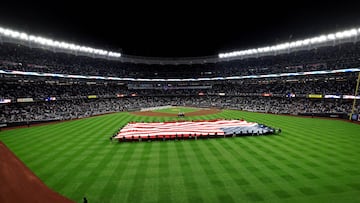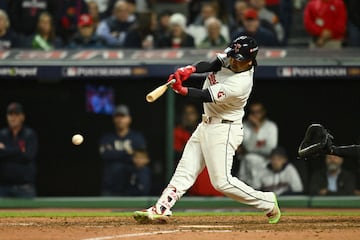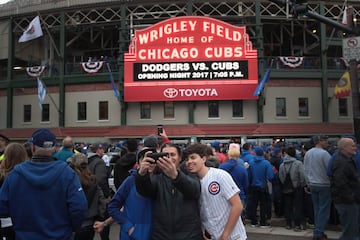What are the dimensions of a baseball field and how long does a game last?
The ‘ballpark’ is one of the most recognizable elements of baseball with each field having varying dimensions.

The MLB is immersed in tradition. Founded in 1876, baseball is the oldest of all competitive sports in the United States and may other Central American nations with ballpark the real temple of the sport.
Cartwright, key to establishing the measures
Before we get into details about the measurements of a baseball field, one need to reflect on the founder of the “diamond.” In 1845, Alexander Cartwright of the New York Knickerbockers drew up plans for the original baseball field, as well as formalized modern baseball’s set of rules. The first recorded baseball game was held in 1846 when the Knickerbockers lost to the New York Baseball Club. The game was held at the Elysian Fields, in Hoboken, New Jersey.
The first organized baseball league was then formed in 1858, the National Association of Baseball Players.
Cartwright’s “Diamond” field
Cartwright’s rules were unique in that they laid out dimensions of the field. His design included the diamond-shaped infield, unlike today’s square, and foul area. There were to be 42 paces between bases, approximately 25 feet longer than the currently used 90 feet. The field as we know it wasn’t officially regulated until a few years later.
The “father of baseball” was recognized in 1953 by the United States Congress as the inventor of modern baseball.

The measurements of a baseball field
The MLB we know today requires certain aspects of the field of play to be uniform across baseball ballparks.
The infield must be a square that is 90 feet on each side, and the outfield is the area between the two foul lines formed by extending two sides of said square (though the dirt portion of the field that runs well past the 90-foot base paths in all Major League parks is also commonly referred to as the infield).
The field must be built so that the bases are at the same level as home plate, the batting place. The ' home plate’ must have a minimum distance of 325 feet (99.06 meters) with stands or other elements that obstruct the foul lines, and 400 feet between home plate and the nearest fence, stand or other obstruction in center field.

Another element that has been measured and reflected in field regulations is the pitcher’s plate, which must measure 24 (60.96 centimeters) x 6 (15.24 centimeters) inches, 0.45 meters behind the central part of the mound.
Very close to these elements is what is known as the ‘batting box’, which has dimensions of four feet (1.22 meters) by six (1.83) deep.
In addition, the bases, as reflected in the regulations, must be 15-inch squares (0.38 meters), and covered by materials such as white canvas or rubber and filled with soft material.

No game clock in baseball
Another one of the most interesting aspects of baseball is related to the time that the games last; there is no clock to measure the duration of a match, so contests between two teams can last several hours.
It can be played for three or four hours on average, but there have been times when the time can reach five. Each match has nine innings, each consisting of two parts, in which attacks and defenses are combined.






